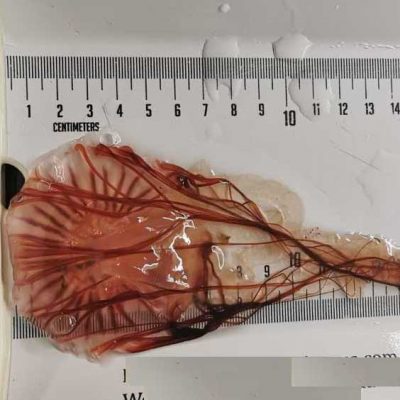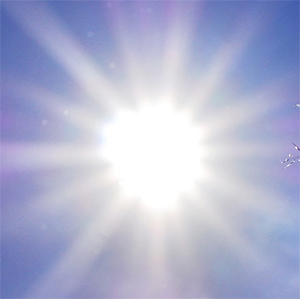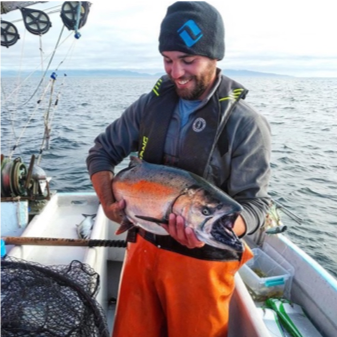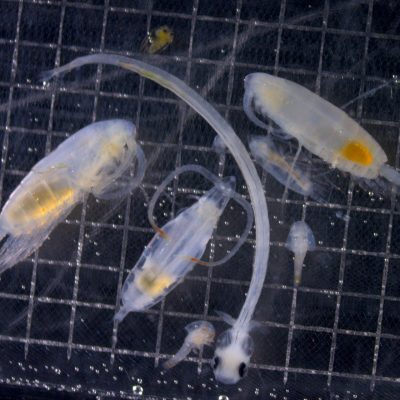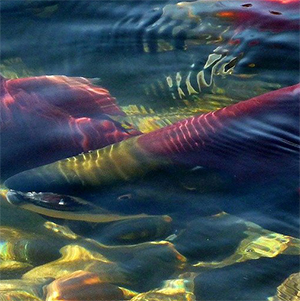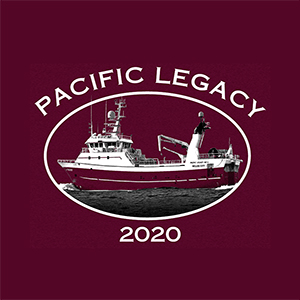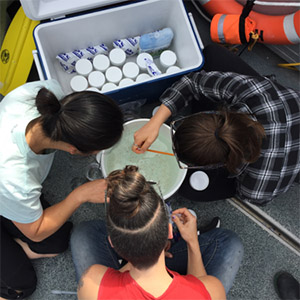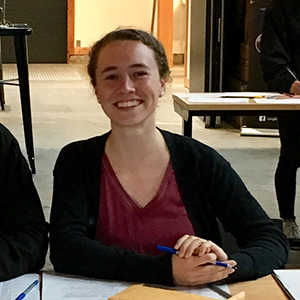Shedding light on mysterious jellyfish diets
We think of jellyfish as not being picky eaters, but in this case, it seemed that they didn’t like feeding on a single diet.
Record-breaking heatwaves, aquatic biodiversity, and human communities: BC and beyond
We brought together leading experts in climatology, oceanography, aquatic ecology, and fisheries to share their knowledge about heatwaves and their impacts on biodiversity and dependent human communities.
Getting a step closer to understanding how Chinook salmon live
Stable isotope analysis can peel back the curtain to give scientists a view of where fish spend their time, what they’ve been eating, and how they are interacting with other species.
Feast and famine for juvenile salmon as they navigate BC’s complex coastal waters
Zooplankton communities are profoundly shaped by BC’s complicated coastlines, creating a mosaic of foraging conditions for the juvenile salmon that depend on them for sustenance.
IOF researchers use salmon scales to track sockeye in the high seas
Knowing where different salmon stocks forage will be essential for identifying the unique environmental threats they will face as oceans become more inhospitable due to climate change and other cumulative impacts.
Salmon diet database gives researchers a new “window into the lives of salmon”
The database fill gaps in scientists’ understanding of the late marine phase of the salmon life cycle
You are what you eat is as important for BC’s fish as it is for people – UBC study
By determining the availability of high-quality prey for these commercially important groups of fish we can improve estimates of herring and salmon productivity
Gulf of Alaska 2020 Expedition update
A second research expedition to study the winter ecology of salmon in the Gulf of Alaska is underway.
HCI Marine Food Webs – Summer sampling trip to Quadra Island
Hakai Coastal Initiative Marine Food Webs Working Group (FWWG) undertook a 10-day sampling trip which looked at day/night behaviour of bacteria, protists, zooplankton, and parasites in the Strait of Georgia.
COSMOS Award winner Caroline Graham is putting together the picture of salmon diets across the North Pacific
“Across the Pacific, a lot of data are available on salmon diets but there’s currently no centralized hub for this information,” explained Graham.
